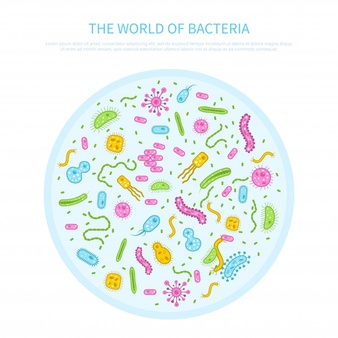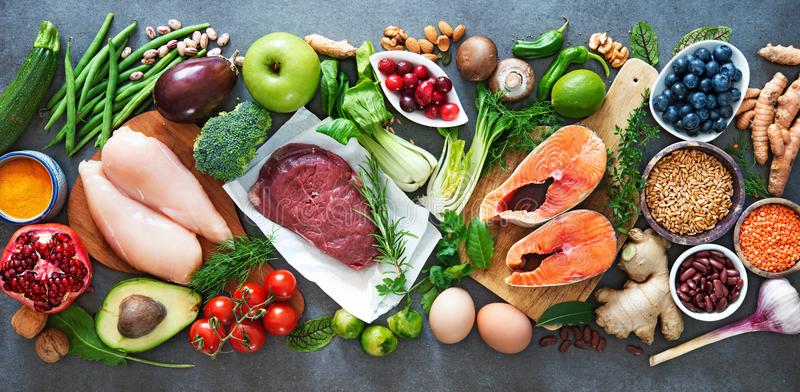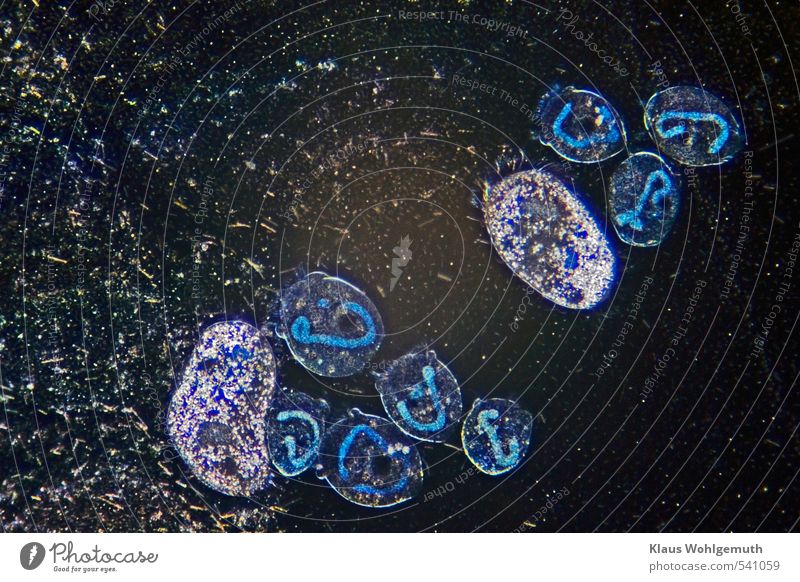Little known lymphocytes found to help maximize our digestion of nutrients
May
22
Scientists found that gamma-delta T cells maximize nutrient absorption by adjusting the quantity of epithelial cells, according to Zuri Sullivan, a postdoctoral researcher at Harvard University. She studied mice eating eating a heavy carb load which as expected showed a higher expression of genes involved in carbohydrate processing and absorption.
Unexpectedly, she found similar changes in the epithelial cells caused by gamma-delta T cells, a type of gut lymphocytes, a progressive increase in these cells depending on the diet. This also points to the fact that these immune cells do more than protect us from pathogens.
https://www.the-scientist.com/news-opinion/mysterious-immune-cells-change-the-gut-lining-to-accommodate-diet-68641/amp







